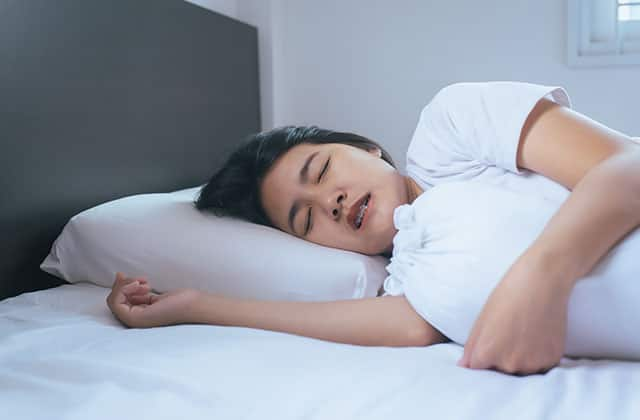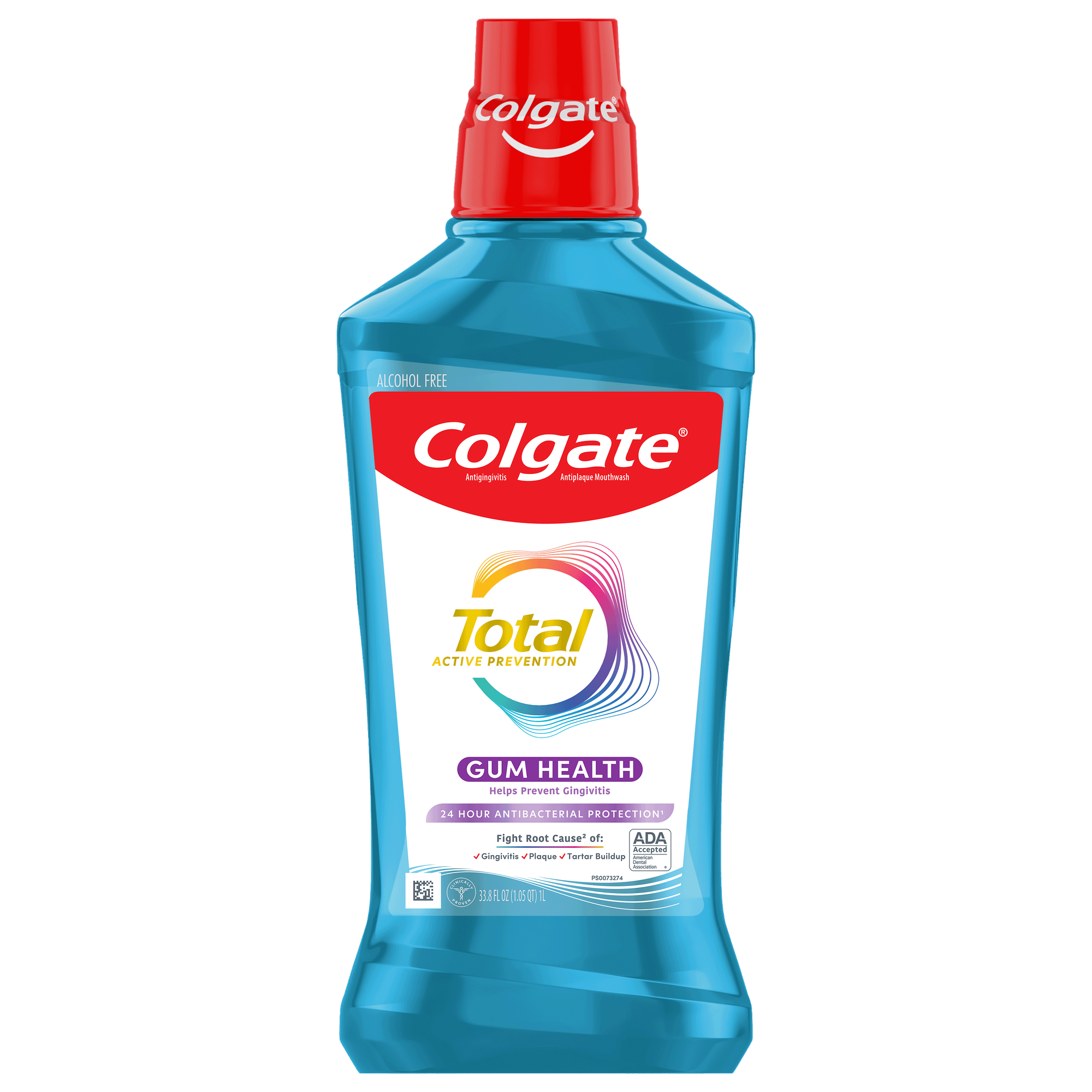What is Bruxism?
Everyone has those mornings when they wake up on the wrong side of the bed feeling not quite themselves. But if you find yourself waking up often with sore jaw muscles or a headache, you may be suffering from bruxism.
Learning about bruxism, or the grinding and clenching of teeth, can help you find an effective treatment that mitigates its common effects. Bruxism can cause the teeth to become painful or loose, and in some cases, the grinding down of teeth and destruction of the surrounding bone and gum tissue. Another common problem associated with bruxism is temporomandibular joint disorder (TMD), which affects the TMJ, or jaw joint and can be better understood and treated upon diagnosis.
How Do I Know If I Have Bruxism?
For many people, it's an unconscious habit. You may not even realize you have it until you notice bruxism symptoms like waking up with jaw pain or someone commenting that you make a grinding sound in your sleep. For others, the signs of bruxism may not be as pronounced, and a routine dental checkup is when they discover grinding, or clenching have worn-down their teeth or fractured their teeth enamel.
Bruxism can occur when you are both awake and asleep, and research indicates that bruxism symptoms such as aching in the face, head, and neck are self-reported. A dental professional can then make an accurate diagnosis and determine if the source of facial pain results from bruxism. Did you know that sleep bruxism is considered a sleep-related movement disorder? Mayo Clinic noted that people who experience bruxism are also more likely to have other sleep disorders such as snoring or sleep apnea.
How Is Bruxism Treated?
The appropriate treatment for your bruxism will depend on what is causing it. By asking questions and examining your teeth, a dental professional can help you determine the source of your bruxism. Based on the amount of tooth damage and its likely cause, your dentist may suggest:
- Wearing an appliance while sleeping
- Finding ways to relax
- Reducing the "high spots" of one or more teeth
While it is not a cure, an appliance custom-made by a dental professional to fit your teeth is a way to manage bruxism. The appliance lessens the effects of teeth grinding by slipping over the upper teeth, so they don't contact the lower teeth.
We all face some form of stress in our everyday lives. While this is normal, tuning into stress and finding ways to manage it can help lessen bruxism. Mindfulness activities like practicing yoga, listening to music, reading a book, or taking a walk, are lifestyle changes that you can become part of your daily routine. Seeking counseling to learn effective ways of handling stressful situations can also help.
When you experience physical pain from bruxism, applying a warm, wet washcloth to the side of your face relaxes the muscles that become sore from clenching. An abnormal bite, one in which teeth do not fit well together, can be corrected with new fillings, crowns, or orthodontics to reduce the uneven areas that cause your mouth to sit abnormally.
While bruxism is a common ailment, it is essential to understand the causes of your specific form of bruxism and seek a dental professional's help in determining the best course of treatment. By managing stress, wearing a dentist-recommended appliance, and reducing abnormalities in your bite, you can reduce the effects of bruxism that often cause pain or damage to the teeth and jawline.
This article is intended to promote understanding of and knowledge about general oral health topics. It is not intended to be a substitute for professional advice, diagnosis or treatment. Always seek the advice of your dentist or other qualified healthcare provider with any questions you may have regarding a medical condition or treatment.
ORAL HEALTH QUIZ
What's behind your smile?
Take our Oral Health assessment to get the most from your oral care routine
ORAL HEALTH QUIZ
What's behind your smile?
Take our Oral Health assessment to get the most from your oral care routine















